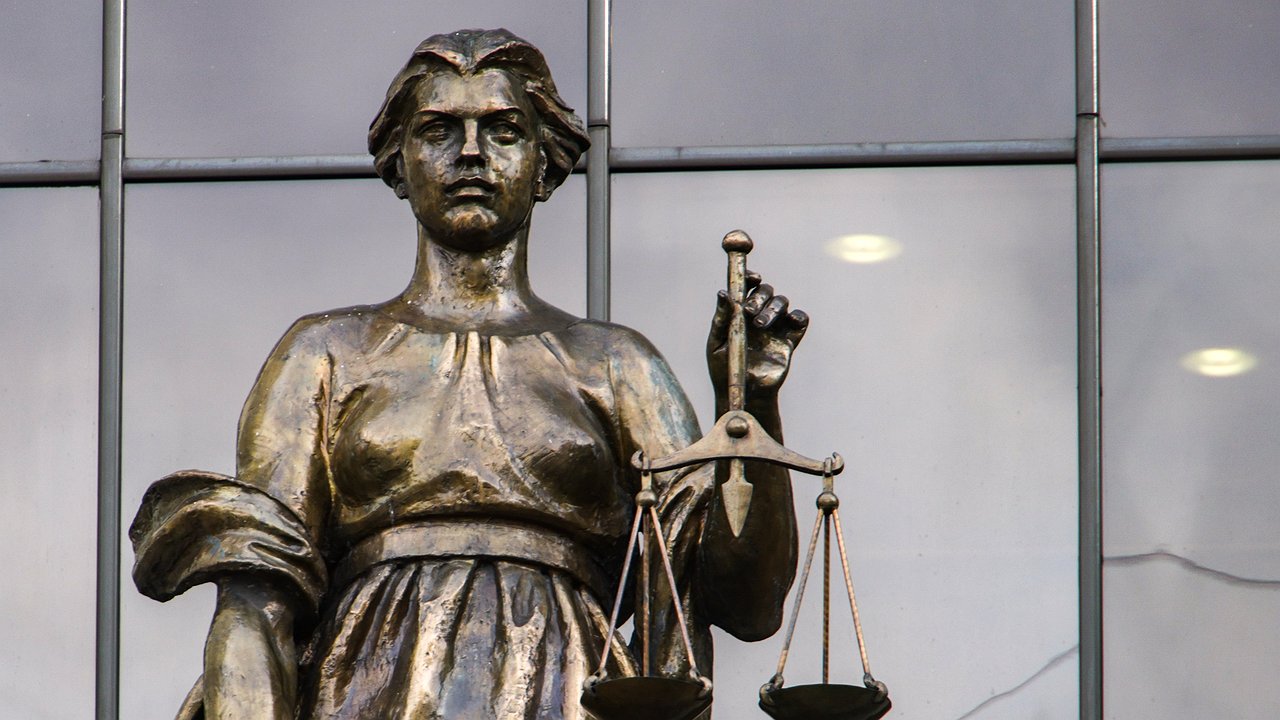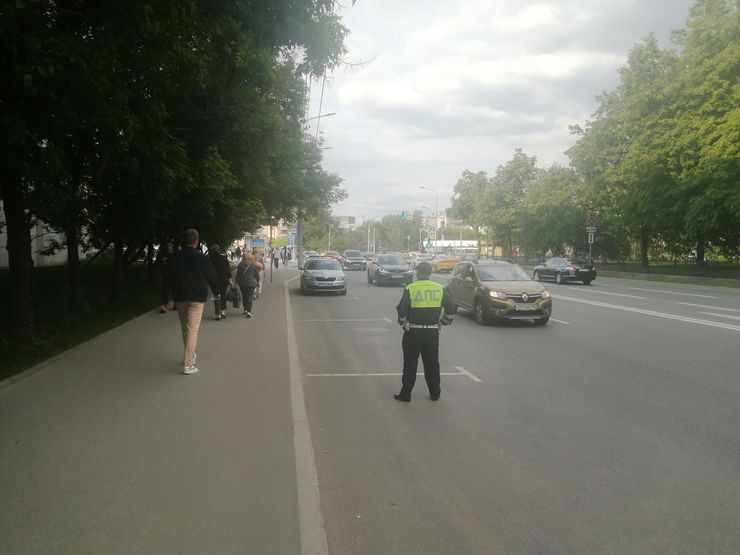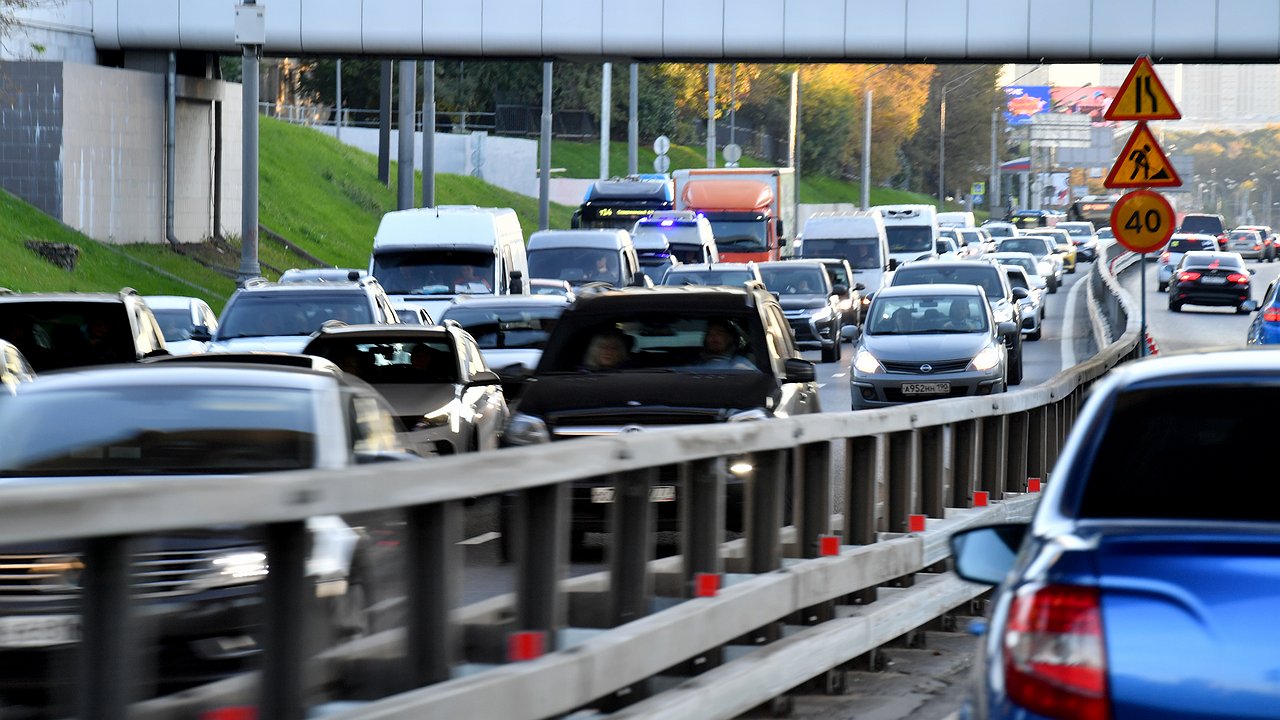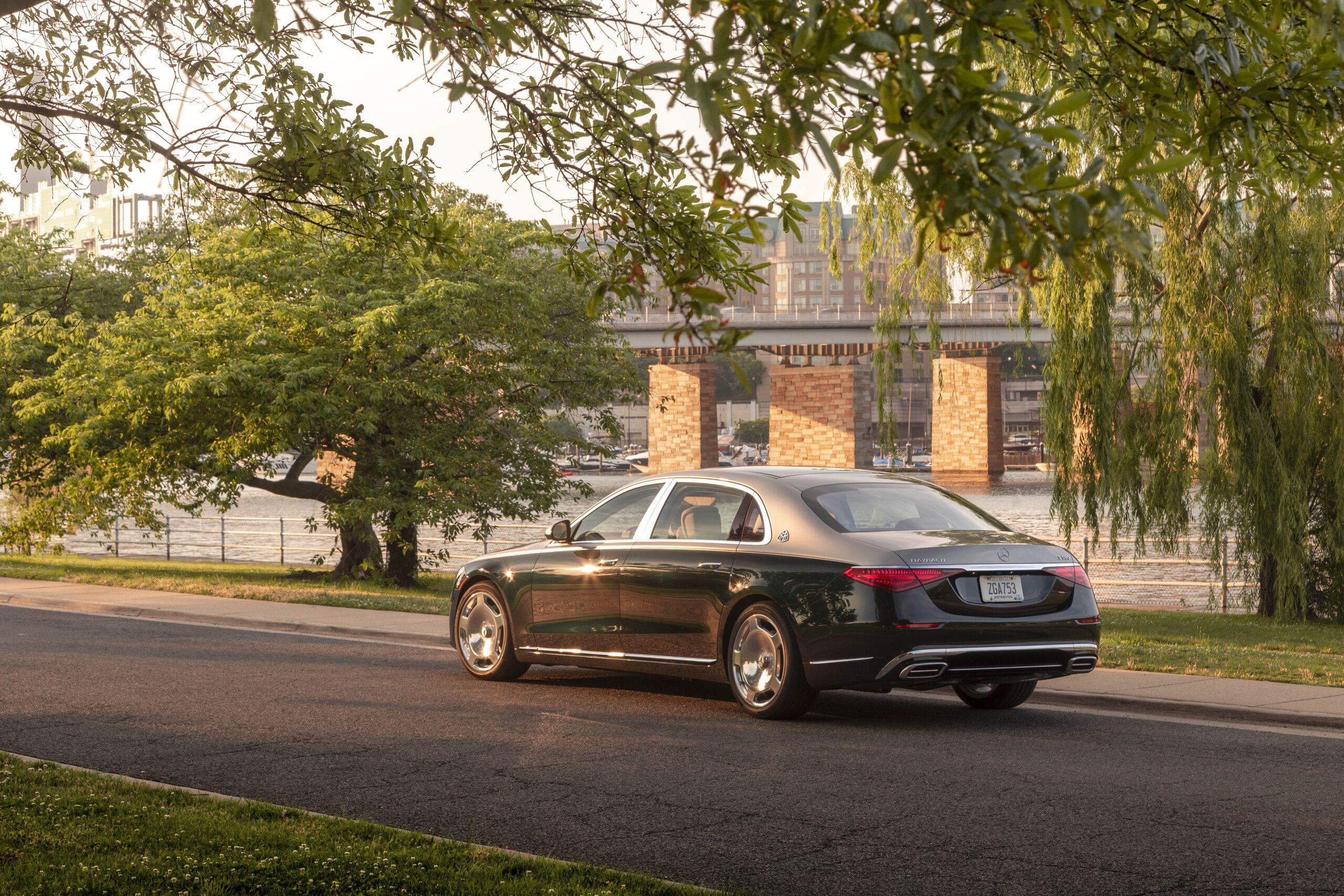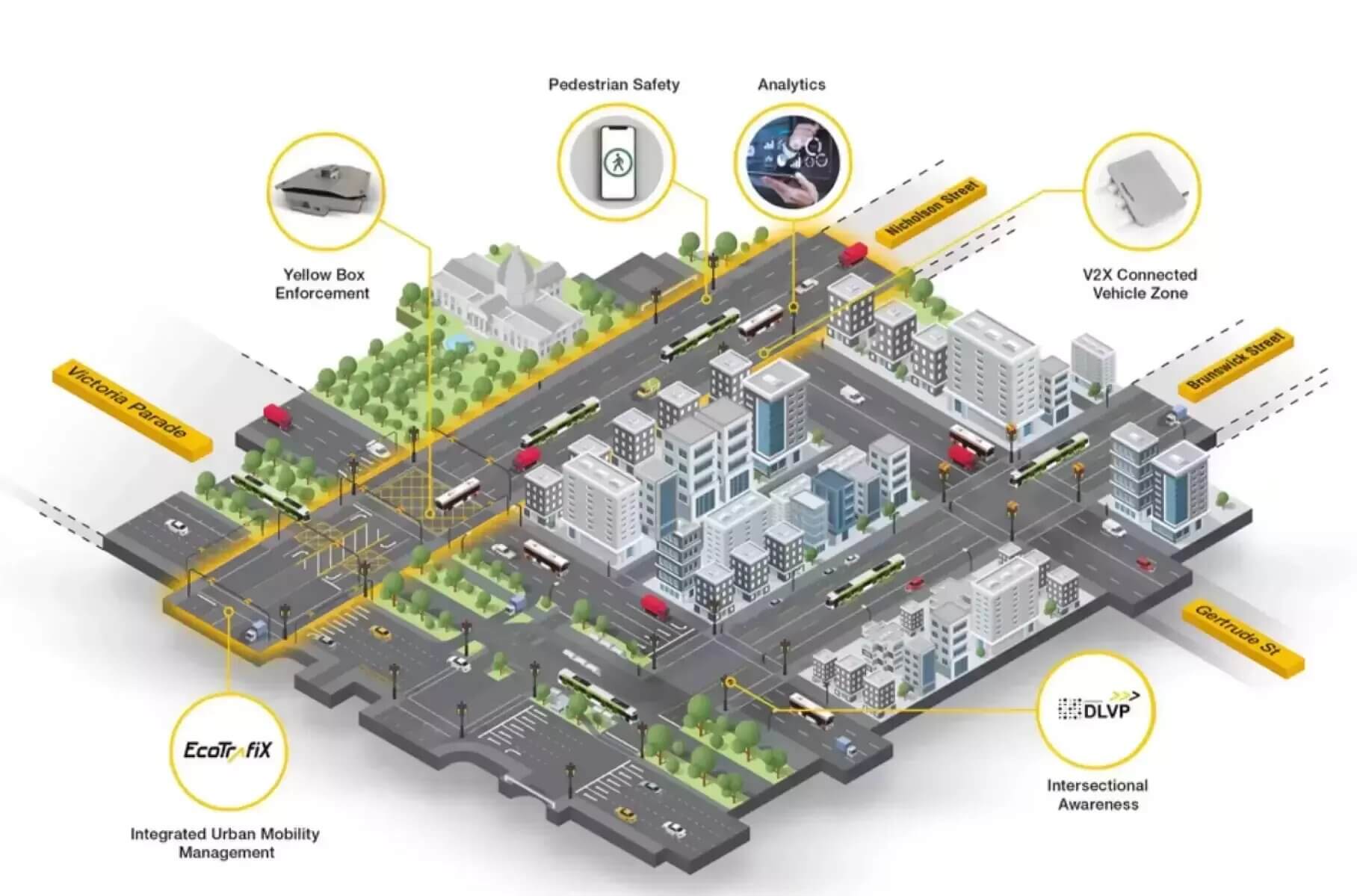Canceling a penalty for a driver based on procedural violations by the traffic police is not a rare case. However, it is not always possible for a complainant to prove the fact of improper conduct of a traffic police officer.
A notable case of appeal against the deprivation of a director’s ‘rights’ recently reached the Supreme Court. The beginning of the story took place on November 21, 2021 in St. Petersburg. There, near House 37 on Komendantsky Proezd, traffic police officers stopped a Nissan Qashqai driven by Alexander Levinzon. The police suspected that the driver was drunk and decided to test his hypothesis. However, Levinson refused to undergo a medical examination.
For this, on July 28, 2022, the magistrate of the Primorsky District of the northern capital sentenced the driver to deprivation of driving license for one and a half years and a fine of 30,000 rubles – under Part 1 of Article 12.26 of the Administrative Code. .
The citizen did not agree with the decision and appealed to the authorities. They all sided with the magistrate. That’s how the Levinson case reached the Supreme Court. The citizen justified his claim that his driver’s license was revoked by the fact that a procedural error was made during the preparation of the materials by the traffic police inspectors. Levinzon claimed that they did not give him copies of documents prepared in such cases. They say that since rights have been violated in this way, please return the VU!
When assessing the appeal, the Supreme Court also took into account the citizen’s claim that the police did not comply with the request to forward his case to his place of residence for processing. At the same time, it turned out that the driver’s address did not appear in the protocols that the police had drawn up against him. Furthermore, the court noted that Levinson had the opportunity to petition the magistrate for the transfer of his case to his place of residence, but that he did not exercise this right.
The complainant’s claims that the traffic police officers did not give him copies of the protocol on his removal from control, the order to send him for a medical examination and other documents also did not impress the court. Since it turned out that he refused to sign these papers at all, about which the employees made appropriate notes. It was also not hidden from the court that a copy of one of them was given to Levinson after all: the driver did sign the report on the administrative violation!
As a result, the Supreme Court found no “circumstances likely to lead to a modification or annulment of judicial actions,” which Levinson, who had been deprived of his “rights,” complained about.
A notable case of appeal against the deprivation of a director’s ‘rights’ recently reached the Supreme Court. The beginning of the story took place on November 21, 2021 in St. Petersburg. There, near House 37 on Komendantsky Proezd, traffic police officers stopped a Nissan Qashqai driven by Alexander Levinzon. The police suspected that the driver was drunk and decided to test his hypothesis. However, Levinson refused to undergo a medical examination.
For this, on July 28, 2022, the magistrate of the Primorsky District of the northern capital sentenced the driver to deprivation of driving license for one and a half years and a fine of 30,000 rubles – under Part 1 of Article 12.26 of the Administrative Code. .
The citizen did not agree with the decision and appealed to the authorities. They all sided with the magistrate. That’s how the Levinson case reached the Supreme Court. The citizen justified his claim that his driver’s license was revoked by the fact that a procedural error was made during the preparation of the materials by the traffic police inspectors. Levinzon claimed that they did not give him copies of documents prepared in such cases. They say that since rights have been violated in this way, please return the VU!
When assessing the appeal, the Supreme Court also took into account the citizen’s claim that the police did not comply with the request to forward his case to his place of residence for processing. At the same time, it turned out that the driver’s address did not appear in the protocols that the police had drawn up against him. Furthermore, the court noted that Levinson had the opportunity to petition the magistrate for the transfer of his case to his place of residence, but that he did not exercise this right.
The complainant’s claims that the traffic police officers did not give him copies of the protocol on his removal from control, the order to send him for a medical examination and other documents also did not impress the court. Since it turned out that he refused to sign these papers at all, about which the employees made appropriate notes. It was also not hidden from the court that a copy of one of them was given to Levinson after all: the driver did sign the report on the administrative violation!
As a result, the Supreme Court found no “circumstances likely to lead to a modification or annulment of judicial actions,” which Levinson, who had been deprived of his “rights,” complained about.
Source: Avto Vzglyad
Donald Salinas is an experienced automobile journalist and writer for Div Bracket. He brings his readers the latest news and developments from the world of automobiles, offering a unique and knowledgeable perspective on the latest trends and innovations in the automotive industry.







